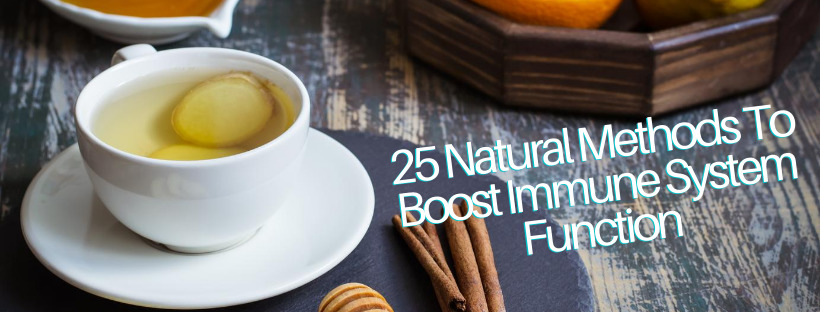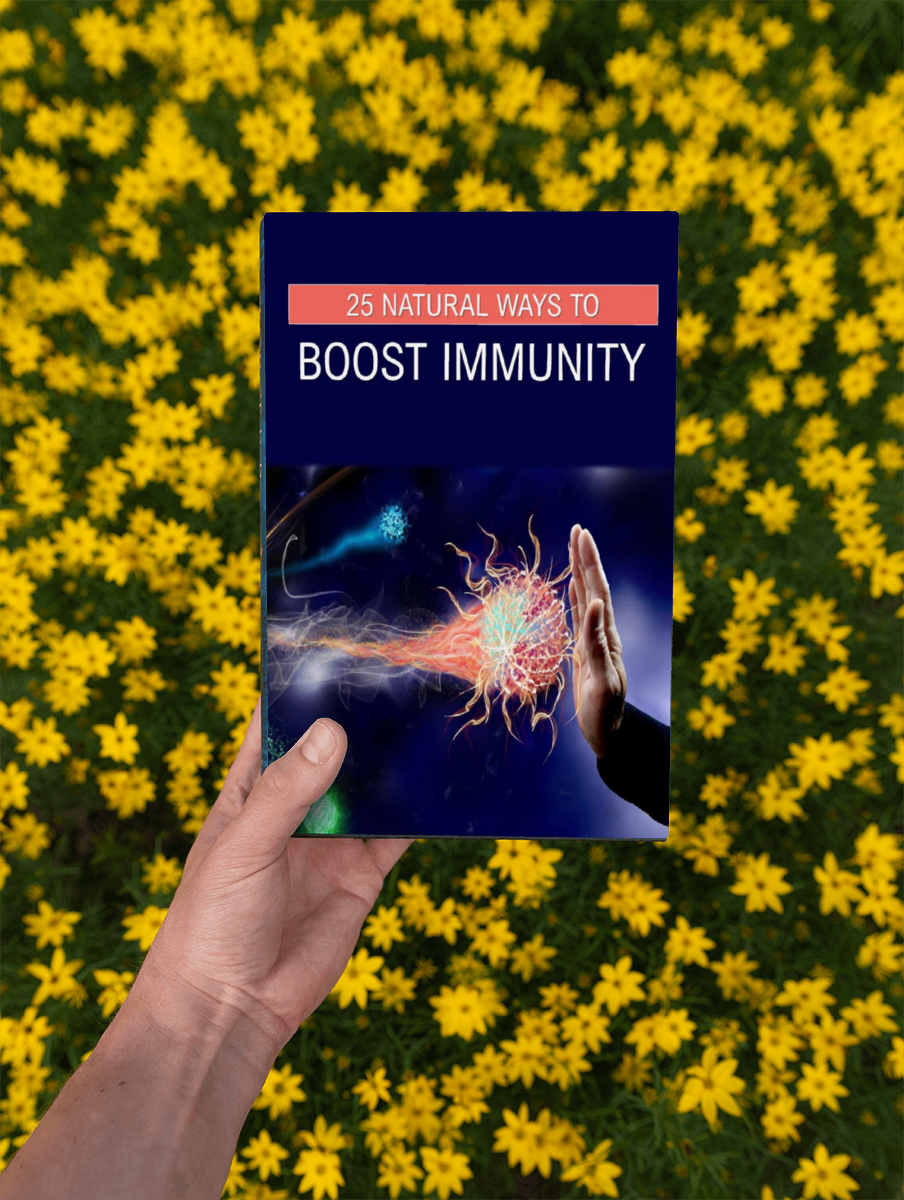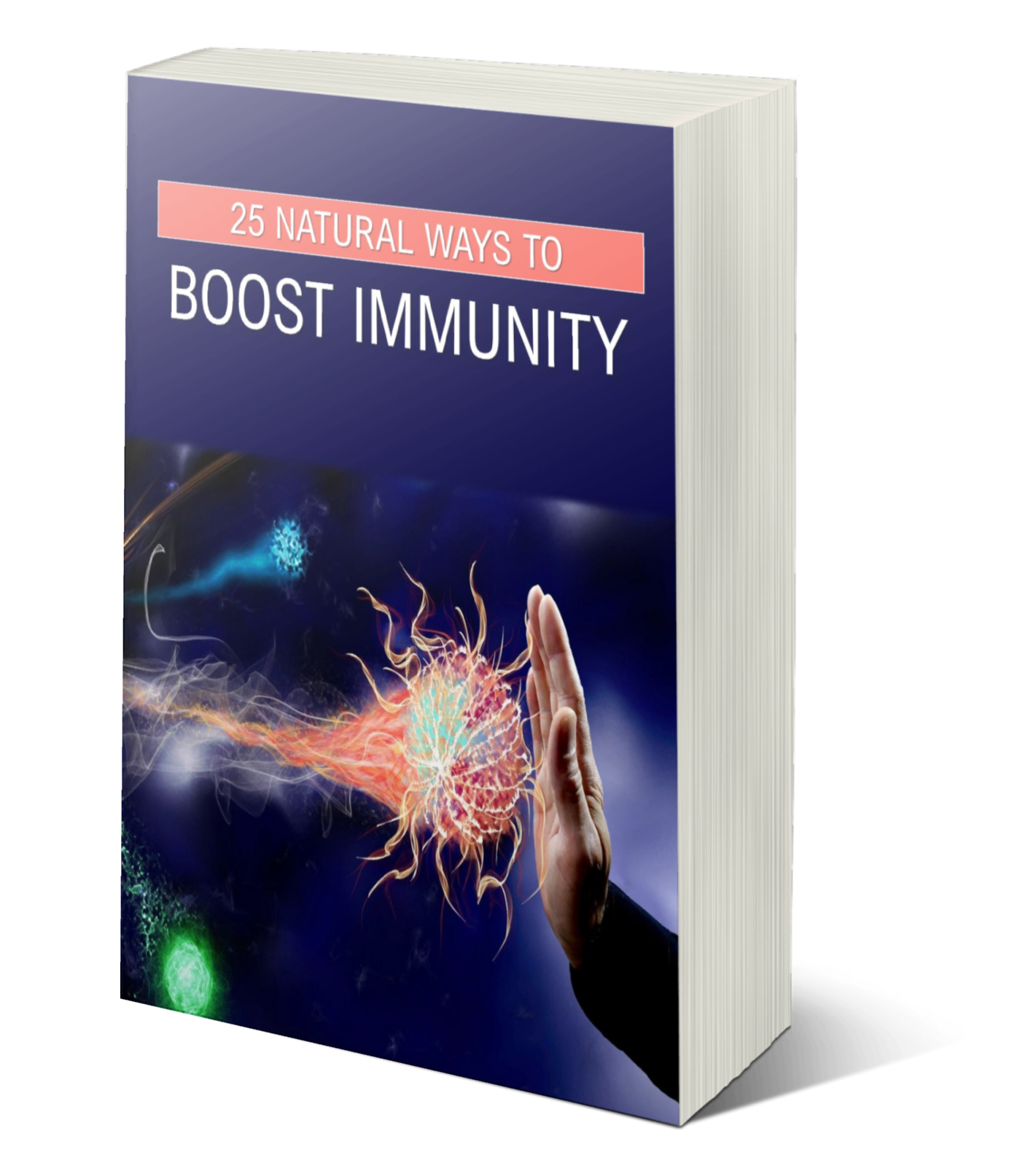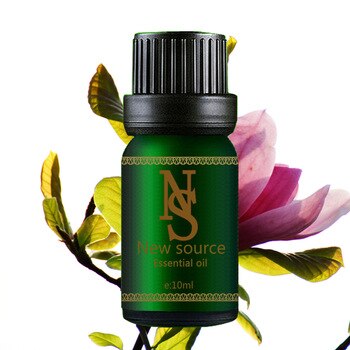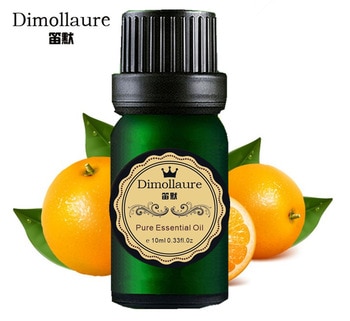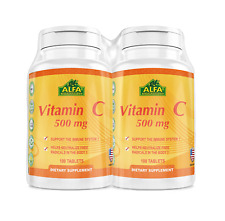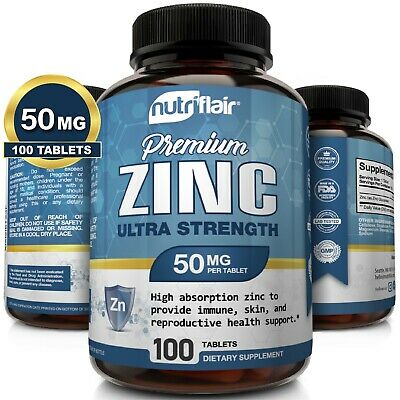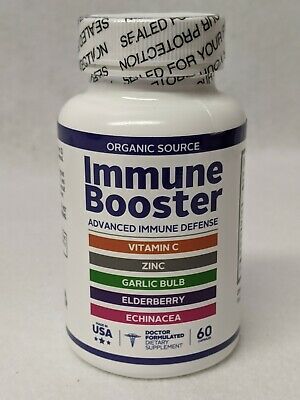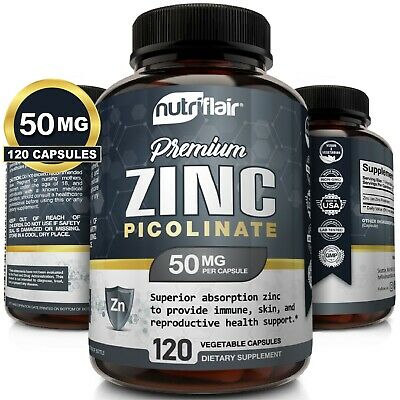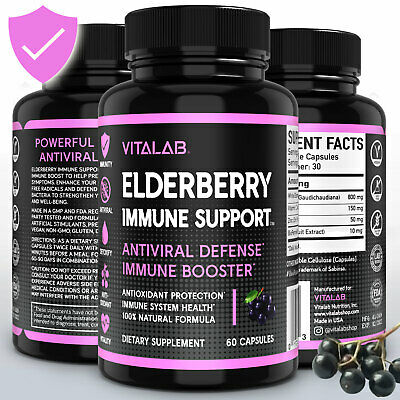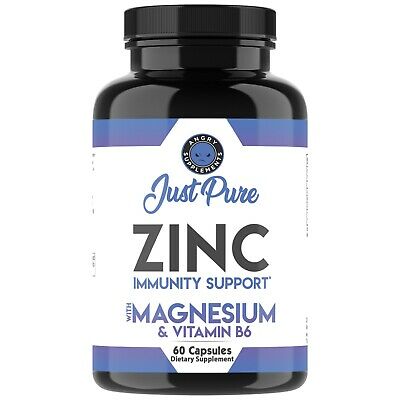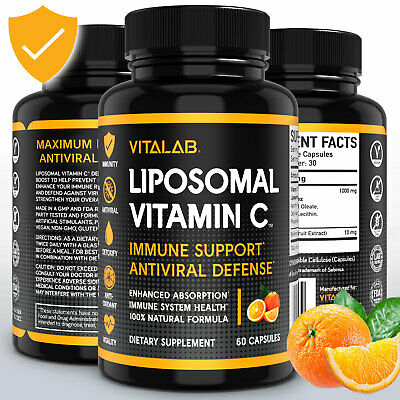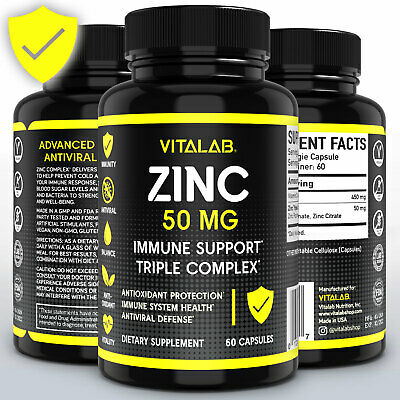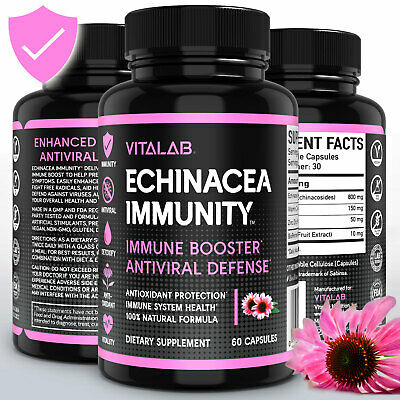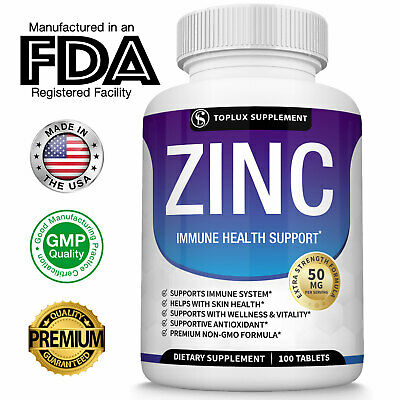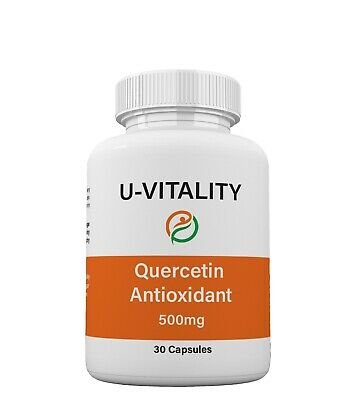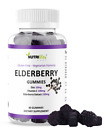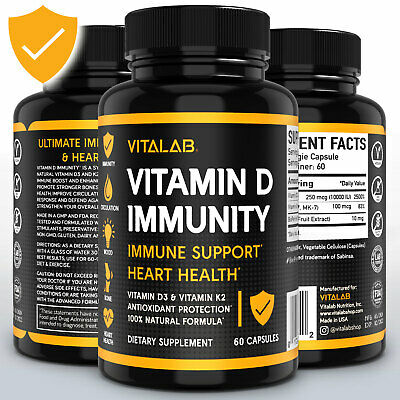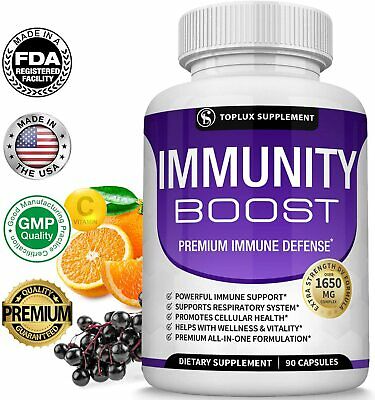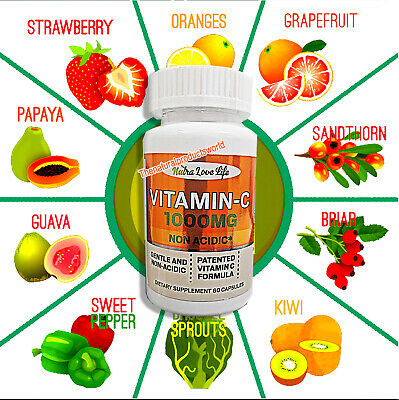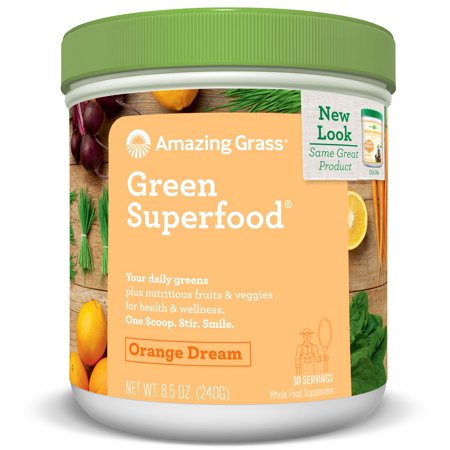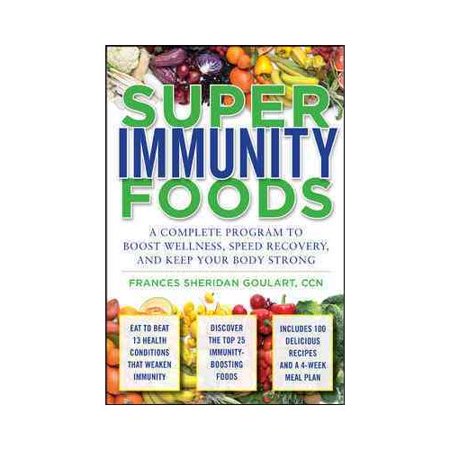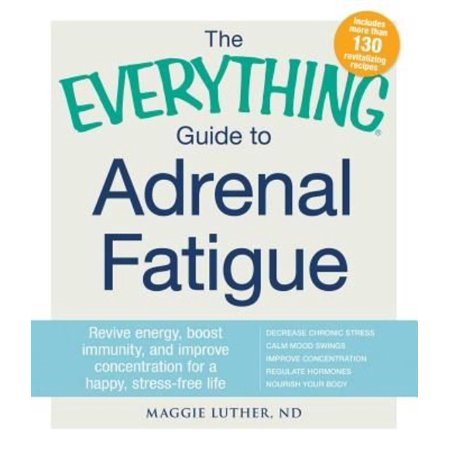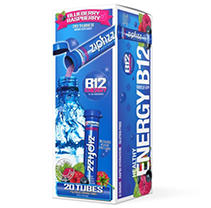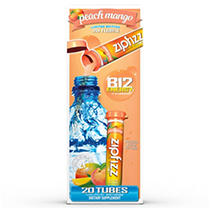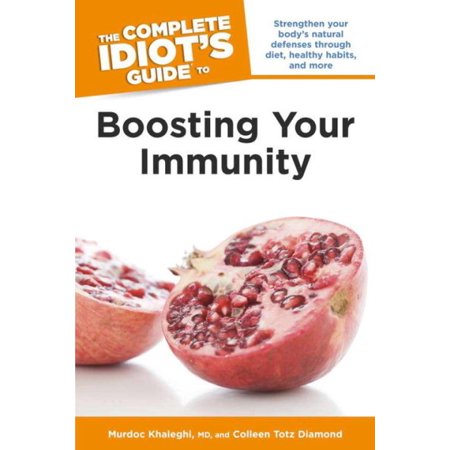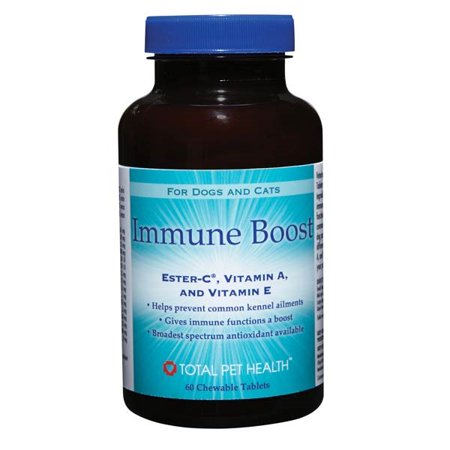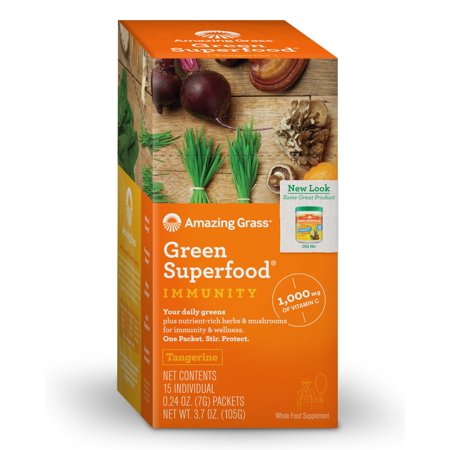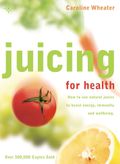Introduction
The immune system is a complex network that protects the body from foreign entities such as viruses, bacteria, toxins, and fungi. This complex network is composed of two primary parts, the innate and the acquired or adaptive immune system, and it is composed of various cells, proteins, and organs that work together. The innate immune system is the portion of the immune system that someone is born with.
The acquired or adaptive immune system is the portion of the immune system that is developed as the body is exposed to microbes or chemicals released by microbes. The value of the immune system is that the acquired or adaptive immune system alongside the innate immune system work to produce antibodies to protect the body from specific invaders.
Some of the systems and organs involved in this complex network include the lymph nodes, adenoids, tonsils, and spleen among many others (Johns Hopkins Medicine, 2020).
While our immune system is expertly designed to function well on its own, there are natural measures we
can take to support the function of our immune system.
This report outlines 25 specific natural methods that can be used to boost immunity and promote overall health and wellness in our bodies.
25 Natural Methods To Boost Immune System Function
Manage Stress
Research has shown that high levels of stress over prolonged periods of time can suppress the response of the immune system, promote inflammation, and create imbalances in immune cell function. A review conducted by Firdaus Dhabhar in 2014 found that long-term stress suppresses and dysregulates innate and adaptive immune responses, induces low-grade chronic inflammation and suppresses numbers, trafficking, and function of immunoprotective cells.
Additionally, chronic stress seemed to increase susceptibility to certain types of cancer (Dhabhar, 2014). Thus, taking steps to minimize and relieve stress and anxiety in our lives is essential to overall immune health.
Activities that can help with stress management can include yoga, therapy, exercise, meditation, regular relaxation, visualization, and mindfulness practices (Shoemaker, 2020).
Antioxidants
Antioxidants are beneficial for the immune system because they protect immune cells from environmental damage and promote the production of bacteria-killing white blood cells.
They help the body repair cells that have been damaged by free radicals and protect the enzymes that repair DNA damage which improves the body’s ability to repair itself.
The most common antioxidants are vitamins C, and E, as well as beta-carotene and lycopene. They can be obtained from foods like fruits, vegetables, teas, and juices. They can also be taken as supplements (Sharecare, 2020).
According to the Healthline, “The body also needs vitamin E to help keep the immune system strong against viruses and bacteria. Vitamin E is also important in the formation of red blood cells. It helps the body use vitamin K. It also helps widen blood vessels and keep blood from clotting inside them.”
Vitamin C Foods
• All citrus fruits – oranges, lemons, limes, grapefruits
• Tomatoes and tomato juice
• Potatoes
• Acerola Cherries
• Rose Hips
• Chili Peppers
• Guavas
• Other foods: kiwi, strawberries, cantaloupe, Brussels sprouts, and green, yellow, and red peppers.
Vitamin E Foods
• Sunflower, corn, soybean, and wheat germ oils
• Almonds, peanuts, hazelnuts, and other nuts
• Seeds – sunflower, pumpkin, and others
• Green leafy vegetables – kale, spinach, and broccoli
• Fortified foods including juices, cereals and margarine, and spreads
Beta Carotene Rich Foods
• Cod liver oil
• Eggs
• Beef liver
• Fortified breakfast cereals
• Fortified skim milk
• Yellow and orange vegetables and fruits
• Broccoli, spinach, and most dark green, leafy vegetables
Lycopene Foods
• Grapefruit
• Papaya
• Sweet red peppers
• Persimmon
• Guavas
• Cooked tomatoes
• Watermelon
• Asparagus
• Red cabbage
• Mangos
Adequate Sleep
There is a close relationship between sleep and immunity. Research has shown that poor sleep is linked to an increased susceptibility to illness. A 2015 study involving 164 healthy adults found that those who slept for less than 6 hours each night were more likely to catch a cold than those who slept 6 hours or more each night (Prather, et. al. 2015).
On the other hand, adequate rest offers protective benefits for the immune system, and can even make it function better.
A 2019 review found that sleep impacted various immune parameters by reducing the risk of infection and improving infection outcomes and vaccination responses (Besedovsky, Lange, & Haack. 2019).
Raw Garlic
Garlic is known for its strong antiviral and antimicrobial properties. Allicin, the potent sulfur compound in garlic has been linked to the treatment of yeast infections, killing of parasites, decrease in the length and severity of viral infection, and the treatment of serious Gi infections like SIBO (small intestinal bacterial overgrowth).
The addition of garlic in one’s diet or in supplemental form is sure to offer immune support and help the body ward off illness (Moday, 2020).
Meditation
Meditation can be a beneficial practice for the body in many ways, but there is evidence which shows it can have specific benefits for the immune system. A study in the journal Translational Psychiatry specifically looked at the molecular mechanisms behind meditation’s effects on the immune system.
In the study, researchers from Harvard Medical School, the Icahn School of Medicine at Mount Sinai, and the University of California at San Francisco studied 94 women at the Chopra Center for Well Being in California. Of the 94 women, half went into the center for a six-day vacation retreat while the other half went in for a six-day meditation retreat.
Neither group of women had prior experience with meditation, but a third group composed of 30 experienced meditators were also studied. Blood samples were taken from the participants so researchers could analyze what genes were expressed before the retreat, directly after it, one month after it, and 10 months after it.
The results of the study revealed that within the group of experienced meditators, there were particular gene shifts related to fighting viral infection, as well as shifts in the expression of genes related to stress, inflammation, and wound healing (Walton, 2016).
Types of Meditation
• Visualization
• Loving kindness
• Skillful compassion
• Focused attention
• Body scan
• Noting
• Resting awareness
• Reflection
• Zen meditation
• Mantra meditation
• Transcendental meditation
Exercise Consistently
Exercise has been proven to be an excellent method of boosting immunity. Studies have indicated that even a single session of moderate exercise has the ability to boost the effectiveness of individuals with compromised immune systems.
Additional research has shown that consistent moderate exercise has the ability to reduce inflammation and assist immune cells to regenerate more regularly (Shoemaker, 2020).
To incorporate moderate exercise into your lifestyle, consider:
• Brisk walking
• jogging
• light hiking
• Swimming
• Bicycling
• Mild aerobics
• Fitness classes
• Sports
• Hiking
• Any activity that gets your heart rate up and gets you moving
Most individuals should set a goal of 150 minutes of moderate exercise per week which averages out to roughly 20 minutes per day (Shoemaker, 2020).
Eat a Healthy Diet
The food we eat can either help or harm our immune systems. In order to develop a healthy and strong immune system, our bodies need consistent nourishment from high-quality foods.
• There is some evidence to suggest that deficiencies in micronutrients such as zinc, iron, copper, folic acid, and vitamins A, C, or E could negatively alter immune responses (Harvard Health Publishing, 2020).
• To combat that negative impact, a diet rich in whole plant foods, healthy fats, and fermented foods can be implemented.
• Whole plant foods consist of items such as legumes, nuts, seeds, vegetables, and fruits. These foods are rich in nutrients and antioxidants which support the immune system by decreasing inflammation, combatting free radicals, and fighting off pathogens.
Fungi
Fungi, found in mushrooms, contain some of the most powerful immune-supporting, antiviral, and anticancer substances. Shiitake mushrooms contain substances known as beta-glucans.
These substances are known to stimulate the immune system and strengthen white blood cells. Maitake mushrooms are known to increase immune cells’ ability to engulf bacteria.
Whereas reishi mushrooms, which must be taken as a dried capsule supplement or in a tea/tincture because they are not edible, are known to have antiviral and anti-cancer properties (Moday, 2020).
Each of these increases the overall power and function of the immune system making it better able to ward off pathogens and viruses.
Replenish Electrolytes
Electrolytes such as magnesium, potassium, calcium, phosphate, and sodium are minerals that are responsible for regulating the balance of fluids in the body. There is evidence to suggest that electrolytes, which support hydration, have a positive impact on the immune system.
Phosphate is important in manufacturing proteins that the body used to grow and repair immune cells. Magnesium is involved in over 300 chemical reactions in the body and is vital for both immune cell function and nerve signaling among other important processes (Chambers, 2018).
Drink Water
Proper hydration is an essential part of maintaining and boosting immune health. Drinking adequate amounts of water oxygenate the blood, flushes out toxins, helps with lymph production, and keeps the eyes and mouth moist. Oxygenated blood helps the muscles and organs to function well, which helps the immune system function at its best.
Flushing out of toxins prevents these toxins from building up in the immune system and causing break down. The production of lymph helps to carry immune system cells throughout the body. Finally, moisture within the eyes and mouth helps these areas stay clean and fight infections that may try to enter the body through these orifices (Richman, & Wegrzyn, 2020).
Thus, drinking approximately 64 oz of water daily is a good way to ensure the body is getting the proper amount of water it needs to ensure proper immune function.
Increase Protein Intake
Protein is essential in aiding the body in building up and repairing body tissue, as well as fighting against viral and bacterial infections. Antibodies and immune systems cells need protein to function effectively.
A January 2017 study published in the journal Immunity found that Myb protein specifically is crucial in keeping the immune system functioning properly and preventing the development of immune and inflammatory diseases.
A November 2012 review article published in the Journal of Obesity & Weight Loss Therapy found that many of the functions of the immune system, such as prevention of illness and speeding of recovery, can be compromised when too little protein is consumed.
For this reason, individuals should make sure they get the recommended dietary intake RDI0 of protein which is roughly 46 grams a day for women and 56 grams a day for men according to (Harvard Health Publishing, Bratskier, 2020).
Bone Broth
Cooking with and drinking bone broth can prove to have great benefits for the immune system. The gelatin, collagen, and amino acids within bone broth work within the gut to support the cultures and bacteria that support the immune system.
Additionally, these elements work to improve wound healing and support the health of individual immune cells such as lymphocytes, which are heavily involved in the immune process (Moday, 2020).
Take Probiotics
Roughly 80% of the function of the immune system takes place in the intestinal tract, so there is a clear link between digestive health and immunity. The probiotic bacteria in the intestinal tract, particularly lactobacillus and bifidobacterium, activate immune system components such as T and B lymphocytes, which are the immune cells necessary for fighting against and preventing infection.
These probiotics have been shown to prevent and reduce the severity of colds and flu and may help protect against certain cancers (Moday, 2020).
Fermented foods can be added to the diet as another means of getting these vital probiotics.
Such foods include:
• Yogurt
• Kefir
• Kimchi
• Tempeh
• Miso
• Pickles
• Kombucha
Limit Alcohol Consumption
According to research from the Mayo Clinic, excessive alcohol consumption weakens the immune system and increases the likelihood of getting sick. The Centers for Disease Control and Prevention (CDC) defines excessive drinking as any of the following:
• Heavy drinking: eight or more drinks a week for women, and 15 or more drinks a weeks for men
• Binge drinking: four or more drinks within the span of 2-3 hours for women, and five or more drinks within the same time frame for men
• Drinking under the age of 21 or drinking while pregnant
Alcohol negatively impacts the microorganisms in the gut that support the immune system. Excessive drinking can also damage the immune cells that line the intestines and act as the first line of defense against bacteria and viruses.
When those cells are damaged it becomes easier for pathogens to cross the bloodstream, meaning one becomes more susceptible to bacterial or viral infections. Thus, refraining from excessive drinking proves the key to maintaining the gut key and keeping immune health intact (Burry, 2020).
Avoid Smoking
Smoking can have very harmful effects on the immune system. Smoking weakens the immune system by depressing antibodies and cells that are in the body designed to fight off foreign pathogens.
The National Center for Biotechnology Information reports an association between smoking and the increased incidence of certain malignant diseases and respiratory infections. Not only that but evidence shows that there is a significant decrease in immune cells that typically assist the body.
However, if smoking is avoided or if a smoker stops smoking, damage can be avoided or reversed. Evidence suggested that smokers who stopped smoking increased levels of NK (natural killer cell) which targets cancerous cells in the body (Shaw, 2018).
Manuka Honey
There is research which suggests that honey is a natural antimicrobial, anti-inflammatory, and immune booster. Manuka honey more specifically is registered as a wound care product in New Zealand and Australia because of these properties.
When applied topically, manuka honey possesses substances that kill bacteria and when ingested it works synergistically with antibiotics to improve their effectiveness within the body (Moday, 2020).
Connectedness
There appears to be a connection between our level of connectedness and the health of our immune systems. A 2016 University of Virginia study found evidence suggesting that socializing with others has the ability to activate the immune system.
Researchers looked at various groups of animals- mice, rats, zebrafish, and fruit flies- and found that when gathered together, certain genes would activate and the T-cells, a type of white blood cell, in the vessels would emit interferon-gamma. Essentially meaning that group gathering initiated immune functions and systems (Beck, 2016).
Zinc
Taking approximately 15 to 30 mg of zinc daily is a strong way to boost immunity. A 1998 review examined the link between zinc and immune function, ultimately finding that zinc deficiency increased a person’s susceptibility to pathogens. This is because zinc deficiency affects the development of acquired immunity by preventing the outgrowth and certain functions of T lymphocytes.
Additionally, zinc deficiency negatively impacts the macrophage, a vital cell in many immunologic functions, which can throw off intracellular killing, cytokine production, and phagocytosis.
Zinc is also necessary for normal development and function of cells that mediate nonspecific immunity such as neutrophils and natural killer cells. This means that maintaining adequate levels of zinc will keep many essential immune functions intact (Shankar & Prasad, 1998).
Zinc Rich Foods
• Shellfish
• Legumes – chickpeas, lentils and beans
• Seeds
• Nuts
• Dairy – cheese and milk
• Eggs
• Whole grains
• Vegetables are poor sources but potatoes, green beans, and kale have small amounts
• Dark chocolate
Hand Washing
Hand washing is one of the easiest and most effective ways to naturally boost immunity. Thorough handwashing helps to limit the transfer of viruses, microbes, and bacteria.
To be effective, it is best to wash with soap and water for at least 20 seconds and to scrub the back of the hands, wrists, between the fingers, and under the nails (Mayo Clinic, 2020).
Minimize Prolonged Exposure to Cold
It may seem odd, but there is evidence to suggest that there is a connection between exposure to cold and susceptibility to infection. While moderate exposure to cold is not a cause for concern, research experiments in mice and people suggest that prolonged exposure to cold decreases the effectiveness of the immune system, thereby putting individuals more at risk for illnesses.
Experiments that looked at competitive cross-country skiers who exercised vigorously in the cold found an increased rate of upper respiratory infections (Harvard Health Publishing, 2020).
Yale University scientists also came to a similar conclusion about the effects of cold on the immune system. University researchers looked at the impact of cold temperature on the nose’s first line of immune defenses. They found that cooler temperatures resulted in a sluggish immune response, whereby the immune cells’ response was weaker under cold conditions.
This left people more susceptible to infection and enabled the rhinovirus to invade and multiply. Further research found that colder temperatures decreased the likelihood of immune cells to prevent the spread of the virus to other cells by intentionally killing themselves, also known as apoptosis.
The study found that under warmer conditions cells killed themselves via apoptosis to protect the body, whereas colder temperatures slowed down the infected cells’ ability to kill themselves. As cold air was breathed in, the temperature in the nose dropped and left immune cells at a disadvantage in protecting against pathogens and viruses (Del Immune-V, 2019).
Maintain a Healthy Weight
There is much research to support the idea that carrying excess weight in the body puts the body at greater risk in various ways. Abdominal fat in particular is shown to boost inflammation and increase the risk of heart disease and diabetes because of the build-up of fat in the muscle, liver, and bone marrow.
All of this wears on the immune system and puts the body at an increased risk of contracting an illness (Cleveland Clinic, 2020).
Maintaining a healthy weight via diet is a logical way to combat those negative effects and thus improve the immune system. A diet rich in fresh fruits and vegetables can boost antioxidant levels, induce anti-inflammatory effects, and help minimize the gain of toxic fat.
Limit Sugar Intake
There is emerging research that supports the idea that added sugars contribute at a disproportionate to obesity which may be linked to increased risk illness. An observational study was conducted involving 1,000 participants who were given the flu vaccine.
The study found that those give the vaccine who were identified as obese were twice as likely to still get the flu as compared to those who were not obese and also received the vaccine (Shoemaker, 2020). Additionally, overconsumption of sugar is also linked to type 2 diabetes and heart disease, both of which can weaken the immune system significantly. Thus, curbing sugar intake is an important part of improving our immune system.
Vitamin D
Spending time in the sun and soaking up vitamin D can have very protective benefits for the immune system. A 2012 study found that deficiency in vitamin D is associated with increased autoimmunity as well as increased susceptibility to infection. The research found that vitamin D can modulate innate and adaptive immune responses.
Whereas deficiency in vitamin D is associated with increased autoimmunity as well as increased susceptibility to infection (Aranow, 2012). As little as 15 minutes in the sun a day can work wonders for boosting the power of the immune system.
Avoid Over-the-Counter Medications
If at all possible, avoidance of over the counter medications is a good route for protecting the immune system. Most over the counter medications wreak havoc on the microbiome which contains vital bacteria for our immune systems to be able to fight against and prevent infection.
Research has found that it takes between three to six months for the microbiome to recover from just one week of antibiotic treatment. Proton pump inhibitors such as Prilosec and Nexium also lower stomach acid which is needed to kill bacteria, viruses, and parasites that are accidentally ingested (Moday, 2020).
Thus, limiting over the counter medications as much as possible is a great way to protect essential gut health, which ultimately contributes to increased immunity.
Vitamin C
Vitamin C is well known for its immune-boosting benefits. Deficiencies in vitamin c are linked to immune system defects as well as increased frequency and duration of colds. Vitamin C also works within the body to scout out and destroy free-radicals and it significantly protects against infectious disease.
Vitamin c can be obtained from foods such as oranges, lemons, limes, broccoli, tomatoes, papaya, kiwi, potatoes, and strawberries among others (Moday, 2020).
Colostrum
Colostrum offers protective antibodies and anti-inflammatory substances such as lactoferrin for the body. Most people are only familiar with colostrum as a byproduct of breastmilk, but it can also be obtained in powder form from grass-fed cows, goats, and other mammals. This is why breastfeeding is heavily promoted for babies who have weak, unformed immune systems.
The antibodies and anti-inflammatory strengthen the immune system of infants and offer protective benefits. In fact, when the saliva of infants contains bacteria or pathogens indicative of illness, colostrum is produced as a response in the breast milk, actually changing the composition of the breast milk to help the infant fight the pathogen in their body (Moday, 2020).
Thus, colostrum can be a powerful additive offering significant immune boosting properties when consumed regularly.
One of the benefits of being breastfed as a baby is the protective antibodies we get from our mother. These antibodies get us through the first years of life while our own immune system is learning the ropes.
This is why breastfed individuals are generally healthier and have fewer allergies as they get older.
Colostrum is the “first milk” from nursing mammals, and it’s a rich source of these protective antibodies, as well as anti-inflammatory substances like lactoferrin.
Conclusion
The health of our immune system is essential to our overall wellness. This report has outlined the many ways immunity can be impacted by our actions, good or bad. By making positive choices and choosing to put good things inside our bodies, we can boost our immunity naturally and live long healthy lives.
While these are only a few measures that can be taken and implemented, this is a good place to start in order to give back to your immune system and your body in a positive way.
Stay well and take care!
References
Beck, J. (2016, July 21). How the immune system controls social behavior. The Atlantic.
Besedovsky, Lange, & Haack. (2019). The sleep-immune crosstalk in health and disease. PubMed.
https://pubmed.ncbi.nlm.nih.gov/30920354
Boost Hydration. (n.d.). How to Strengthen and Improve Your Immune System Function.
https://www.boosthydration.com/IvTreatmentTherapy
Bratskier. (2020, April 10). Protein is key to a healthy immune system and these 3 types of people need the most | Livestrong.com. LIVESTRONG.COM.
https://www.livestrong.com/article/13725962-protein-and-immune-system/
Burry, M. (2020, March 23). Does alcohol weaken the immune system? Yes, if you drink too much. Insider.
https://www.insider.com/does-alcohol-weaken-the-immune-system
Chambers, K. (2018, March 23). What are electrolytes and why do we need them? A.Vogel Herbal Remedies | Natural and Herbal Remedies | Official Website.
https://www.avogel.co.uk/food/what-are-electrolytes-and-why-do-we-need-them/
Cleveland Clinic. (2020, February 18). How to keep your body’s defenses strong after age 65. Health Essentials from Cleveland Clinic. https://health.clevelandclinic.org/5-tips-make-immune-system-stronger-age/
Cohen, S., Janicki-Deverts, D., Doyle, W. J., Miller, G. E., Frank, E., Rabin, B. S., & Turner, R. B. (2012). Chronic stress, glucocorticoid receptor resistance, inflammation, and disease risk. Proceedings of the National Academy of Sciences, 109(16), 5995-5999.
https://doi.org/10.1073/pnas.1118355109
Del-Immune V. (2019, July 2). Does cold weather weaken your immune system?
Dhabhar, F. S. (2014). Effects of stress on immune function: The good, the bad, and the beautiful. Immunologic Research, 58(2-3), 193-210.
https://doi.org/10.1007/s12026-014-8517-0
Harvard Health Publishing. (2020, May 13). How to boost your immune system. Harvard Health.
https://www.health.harvard.edu/staying-healthy/how-to-boost-your-immune-system
Johns Hopkins Medicine. (2020). The immune system. Johns Hopkins Medicine, based in Baltimore, Maryland.
https://www.hopkinsmedicine.org/health/conditions-and-diseases/the-immune-system
Mayo Clinic. (2020, April 1). The right way to wash your hands.
https://www.mayoclinic.org/healthy-lifestyle/adult-health/in-depth/hand-washing/art-20046253
Moday, H. (2020, April 29). 12 all-natural ways to boost your immune system. mindbodygreen.
https://www.mindbodygreen.com/articles/all-natural-ways-to-boost-your-immune-system
Prather, Janicki-Deverts, Hall, & Cohen. (2015). Behaviorally Assessed Sleep and Susceptibility to the Common Cold. PubMed.
https://pubmed.ncbi.nlm.nih.gov/26118561/
Richman, & Wegrzyn. (2020, March 27). 25 natural ways to boost your immune system. Stacker.
https://thestacker.com/stories/4029/25-natural-ways-boost-your-immune-system
Shankar, & Prasad. (1998). Zinc and Immune Function: The Biological Basis of Altered Resistance to Infection. PubMed.
https://pubmed.ncbi.nlm.nih.gov/9701160
Sharecare. (2020). How do antioxidants support the immune system?
https://www.sharecare.com/health/antioxidants/how-do-antioxidants-support-the-immune-system
Shaw, J. (2018). Healthfully. Healthfully.
https://healthfully.com/how-does-cigarette-smoking-affect-your-immune-system-3539549.html
Shoemaker N, S., & LD. (2020). 9 tips to strengthen your immunity naturally. Healthline.
https://www.healthline.com/nutrition/how-to-boost-immune-health#8.-Manage-your-stress-levels
Walton, A. G. (2016, September 6). New clues into how meditation may boost the immune system. Forbes.
Health products online Compare price
High Cholesterol
There Is One Ingredient That Causes Bad High Cholesterol, Stroke And Heart Attack. Tell People How To Protect Their Heart By Cutting Out This One Ingredient. Part Of Blueheronaffiliates.com

